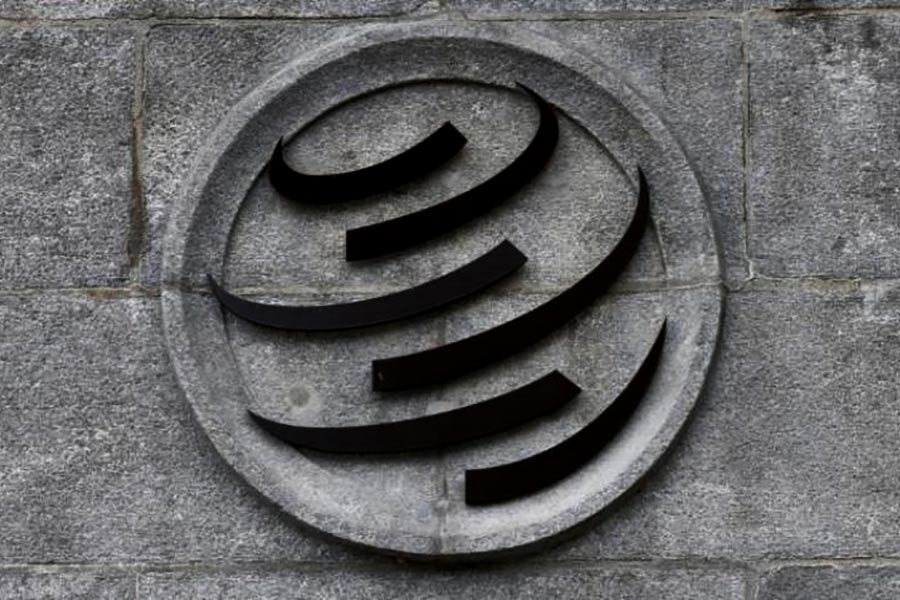
Published :
Updated :

For all practical purposes the world has moved away from the stated objective of multilateral trade system that was agreed during the Doha Round of the World Trade Organisation. It looks like the unified move by the World Trade Organization (WTO) aimed at lowering trade barriers and facilitating increased global trade has lost its rhythm. The Doha Round had ended inconclusively after a decade and a half of negotiations among members of the WTO due to differing perspectives of the members. While many members, particularly the developing nations, reaffirmed their commitment to conclude the Doha Development Agenda, others, including the United States of America and the European Union (EU), opposed the motion and instead proposed to abandon the Doha Development Agenda. This is how the global initiative ended prematurely and it has been learnt recently that many decisions on trade and investment liberalisation under WTO will not be allowed to materialise. This means the world is heading towards protectionism again.
Prospects of globalisation and trade liberalisation are further impaired by the scepticism expressed by some large countries regarding multilateral trade agreements. The current US administration indicated a clear preference for bilateral deals over multilateral agreements thus causing a stalemate situation to arise and many countries have already started to negotiate bilateral and regional trade deals. For example, the United States recently concluded the Trans-Pacific Partnership with Japan, Vietnam and nine other countries. USA and the European Union are also negotiating the Transatlantic Trade and Investment Partnership. China, which is not part of the Trans-Pacific Partnership, has signed a number of bilateral and regional agreements and proposed a 16-country trade deal that would include India and Japan.
The effects of the inconclusive Doha Round 2017 however can not be overlooked as many least developed countries including Bangladesh enjoyed the benefits of multilateral trade during the last three decades. Duty barriers and other obstacles were removed and trade facilitation was effective - an effort that was termed as globalisation. But it is now a matter of the past and since it is not possible for smaller economies to lead the globalisation movement, Bangladesh has no other choice but to pursue bilateral and regional trade agreements. Countries had hoped that the Doha Round talks, named after the capital of Qatar, would substantially lower trade barriers and contribute to development in poor nations.
In a situation like this, the best policy that Bangladesh should pursue will be a policy of bilateral trade with strong economic powers. As USA is unwilling to extend further duty relief for us, we might as well try to strengthen our trade relations with China and enter into Free Trade Agreements (FTA) with it. Taking strategic location of Bangladesh into consideration, other large economies would like to have us as their partners as well. More importantly it will create a new optimism at home among private sector entrepreneurs enabling us to achieve a growth rate of 8 per cent that is necessary for us to attain a higher development status. Bangladesh has to look for alternatives and economists are particularly unanimous about this score.
There are ample evidences that no progressive country in the world could enter the gateway to development without being in partnership with larger economies. Examples of Taiwan, Singapore and Korea can be cited. The failure to conclude Doha Round of multilateral trade negotiations is one of the factors that made countries to opt in favour of bilateral and regional trade pacts. But at the same time, proliferation of such deals is viewed by some as a threat to multilateral trading system. Overlapping trade agreements can lead to another cause of concern giving rise to an increasingly complex network of trade regulations. The WTO Secretariat rightly argued that many fundamental issues can only be tackled through multilateral approach. The Doha Round talks had hit a dead end, but the underlying message of forging the world together remains on top of world people's agenda. Global trade pacts are needed to encourage development and sustainable growth.


 For all latest news, follow The Financial Express Google News channel.
For all latest news, follow The Financial Express Google News channel.